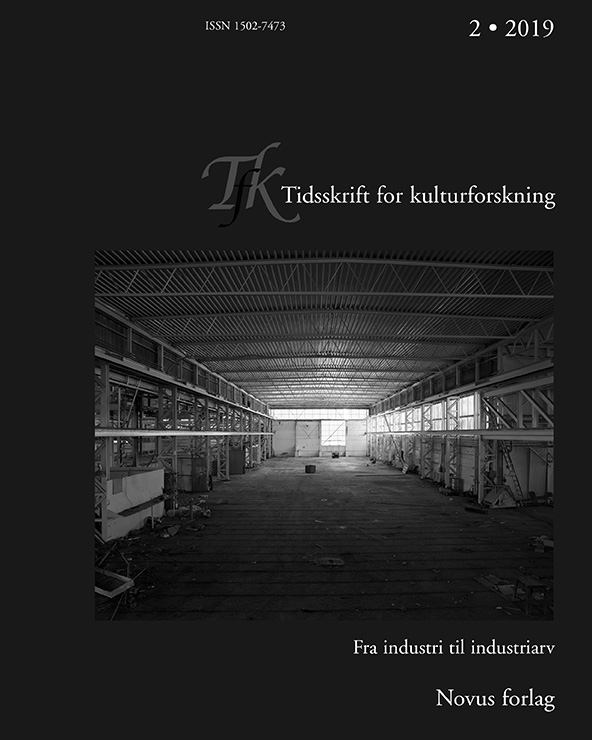Sammendrag
This essay explores the entangled material and biological afterlife of coal and steel industries in the German Ruhr region. The industrial nature, Industrienatur, of the heritage site Kokerei Hansa in Dortmund serves as starting point for a broader reflection on both the nature of memory and the memory of nature. Drawing on new materialist theory and media ecology, the ambition of this paper is to contribute to a versatile notion of memory processes which are wildly distributed across a variety of forms and media from buildings, landscapes, man-made substrates to ruderal plant species. Adopting an ecological approach, this essay explores the volatile relations between plants, buildings and anthropogenic substrates as an important, but ultimately ephemeral form of memory which recollects past practices of the former coke plant. Industrienatur draws attention to the composite character of sites which are shaped both by natural processes and cultural history. This ruderal ecology unfolds in ill-defined, interstitial spaces not yet or no longer purposefully planned for work, dwelling or recreation, or it clings to man-made edifices and takes root in the dissolving mortar in the crevices of brick walls. In considering the rich and commonly overlooked afterlife of these in-between spaces, attention is drawn to the abundance of biological, geological and chemical agents which perpetuate and rework traces of past events in a manner comparable to more conventional memory media. It will be argued that plants which take root in anthropogenic soils are living indexes of past events and organic media embodying what becomes of what was.
Forfattere beholder opphavsretten og gir tidsskriftet rett til første publisering av arbeidet. En Creative Commons-lisens (CC BY-SA 4.0) gir samtidig andre rett til å dele arbeidet med henvisning til arbeidets forfatter og at det først ble publisert i dette tidsskriftet.

